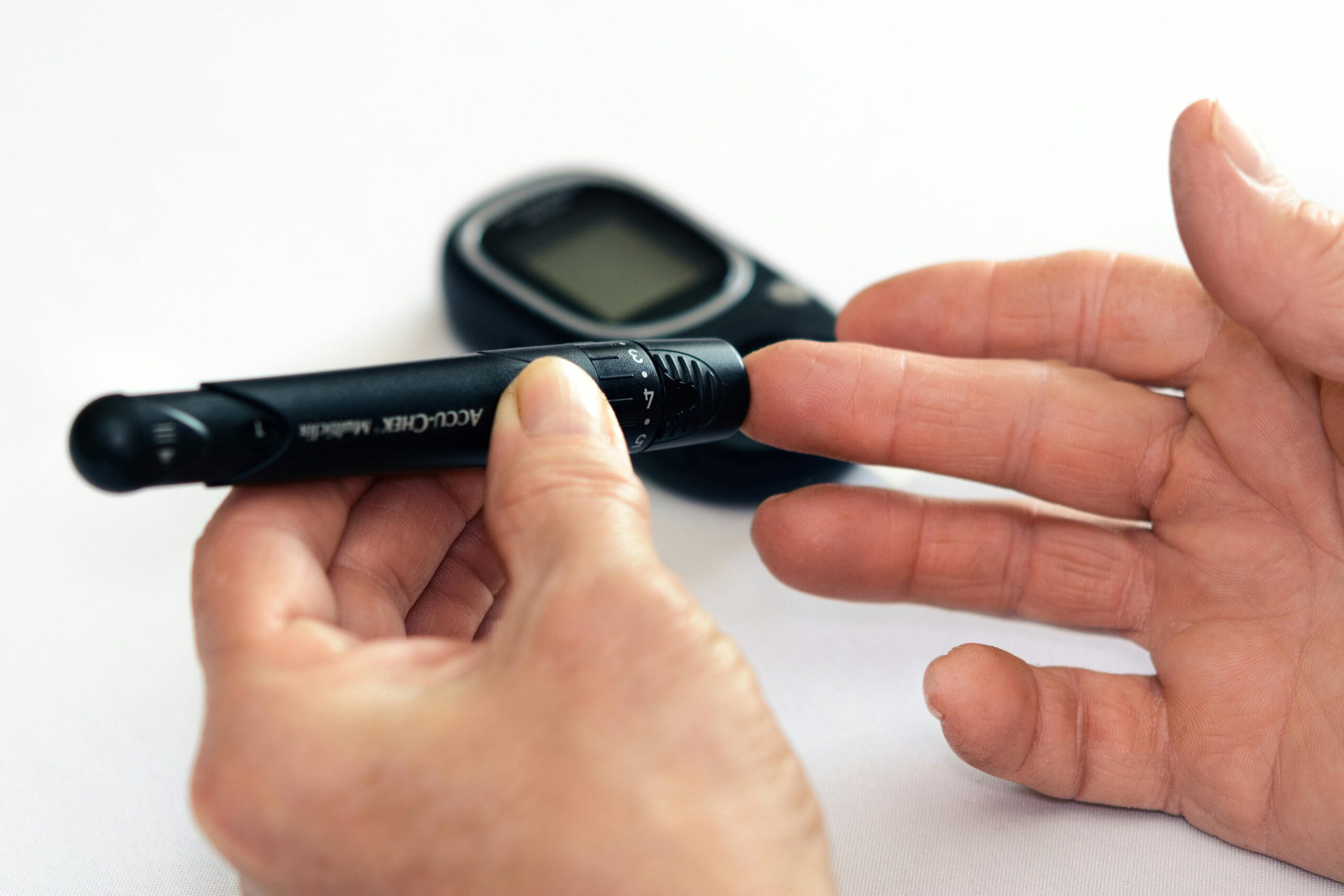Diabetes, a condition characterized by insufficient insulin production or inefficient insulin utilization by the pancreas, presents a myriad of health challenges, one of which is an increased risk of various cancers. Type 2 Diabetes, in particular, has been identified as a significant risk factor for several types of malignant neoplasms. While genetic and environmental factors contribute to cancer development, certain biological mechanisms directly connect diabetes and cancer, notably hyperinsulinemia, hyperglycemia, and inflammation, all of which can fuel tumor growth.
A groundbreaking study by the National Foundation for Cancer Research (NFCR) in 2019 shed light on how hyperglycemia, a hallmark of diabetes, may induce DNA damage and impede DNA repair processes. This means that individuals with diabetes experience more DNA damage and reduced repair efficiency when blood sugar levels are elevated, consequently elevating their cancer risk. Additionally, it’s noteworthy that a majority of diabetic individuals are overweight, obese, or have a high body fat percentage, further compounding their susceptibility to cancer.
The association between diabetes and cancer extends to specific types of malignancies, with pancreatic cancer, liver cancer, and endometrial cancer being particularly linked to diabetes. Moreover, there’s a heightened risk, ranging from 20% to 50%, for colorectal cancer, bladder cancer, breast cancer, and blood cancers such as Non-Hodgkin’s lymphoma, among diabetic individuals.
Studies highlighted by Hindawi.com emphasize the impact of diabetes on cancer survival and mortality rates. While survival studies compare outcomes between cancer patients with and without diabetes, mortality studies examine cancer-related deaths among diabetic and non-diabetic groups. In addition to increasing cancer incidence, a diabetes diagnosis also adversely affects cancer prognosis, underscoring the importance of proactive management.
To mitigate the risk of cancer associated with diabetes, it is imperative to maintain optimal blood sugar levels, strive for a healthy body weight, adopt a nutritious diet, engage in regular physical activity, prioritize quality sleep, manage stress effectively, and refrain from habits such as alcohol consumption, smoking, and the consumption of processed or refined foods.
In conclusion, understanding the intricate relationship between diabetes and cancer empowers individuals to take proactive steps towards prevention and management. By prioritizing lifestyle modifications and adhering to medical recommendations, individuals can mitigate their risk of cancer and optimize their overall health and well-being.
References:
https://www.ncbi.nlm.nih.gov/pmc/articles/PMC2890380/
